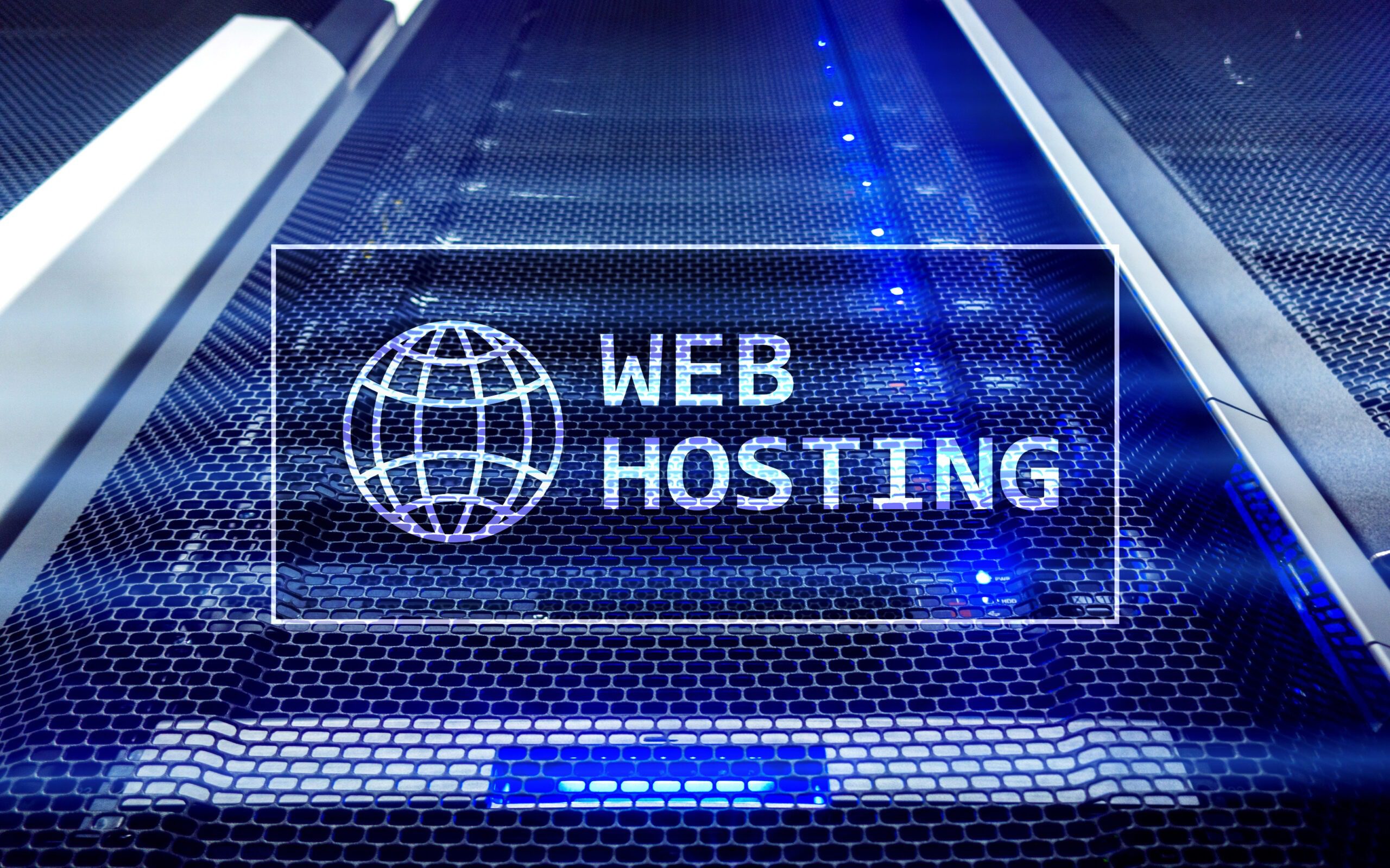How can you protect your advanced hosting environments from malware attacks?
Understanding Malware and Its Impact on Advanced Hosting Environments
Malware is malicious software designed to infiltrate, damage, or gain unauthorized access to computer systems. In advanced hosting environments, malware can cause devastating effects such as data breaches, downtime, and financial losses. Understanding the impact of malware is crucial in implementing effective security measures.
Know The Different Types of Malware
Malware comes in various forms, including viruses, worms, Trojans, ransomware, spyware, and adware. Each type has unique characteristics and methods of infection. By familiarizing yourself with the different types of malware, you can better protect your hosting environment.
Recognize The Risks of Malware Infections
Malware infections pose serious risks to advanced hosting environments, including data theft, system corruption, and disruption of services. Recognizing the potential risks of malware infections can help you prioritize security measures and implement proactive defenses.
Implementing Best Practices for Securing Advanced Hosting Environments
Protecting your advanced hosting environment against malware requires a multi-layered approach that combines technical solutions, security policies, and employee education. By implementing best practices, you can significantly reduce the risk of malware attacks.
Use Advanced Endpoint Protection Solutions
Advanced endpoint protection solutions offer real-time threat detection, malware prevention, and response capabilities. By deploying advanced endpoint protection on all devices in your hosting environment, you can effectively safeguard against malware attacks.
Implement Network Segmentation
Network segmentation involves dividing a computer network into smaller subnetworks to limit the spread of malware and unauthorized access. By implementing network segmentation in your advanced hosting environment, you can isolate infected systems and contain potential threats.
Regularly Update Software and Applications
Outdated software and applications are vulnerable to malware attacks. Regularly updating your operating systems, software, and applications helps patch security vulnerabilities and protect your advanced hosting environment against known threats.
Enforce Strong Password Policies
Weak passwords provide easy access for cybercriminals to infiltrate your hosting environment. Enforcing strong password policies, such as using complex passwords, implementing multi-factor authentication, and regularly changing passwords, enhances security and prevents unauthorized access.
Conduct Routine Security Audits
Routine security audits help identify vulnerabilities, misconfigurations, and potential risks in your hosting environment. By conducting regular security audits, you can proactively address security gaps and strengthen your defenses against malware attacks.
Enhanced Security Measures for Advanced Hosting Environments
In addition to implementing best practices, consider adopting enhanced security measures to further protect your advanced hosting environment from malware threats. Enhanced security measures provide an added layer of protection and help mitigate the risks of sophisticated attacks.
Deploy Intrusion Detection Systems (IDS)
Intrusion Detection Systems (IDS) monitor network traffic for suspicious activity and potential security breaches. By deploying IDS in your advanced hosting environment, you can detect and respond to malware attacks in real-time to prevent further damage.
Utilize Data Encryption
Data encryption involves converting sensitive information into a secure format to prevent unauthorized access. By utilizing data encryption techniques to protect your data at rest and in transit, you can safeguard against data breaches and mitigate the impact of malware attacks.
Enable Secure Socket Layer (SSL) Certificates
SSL certificates establish secure and encrypted connections between web servers and browsers. Enabling SSL certificates on your hosting environment encrypts data transmissions, authenticates digital identities, and protects against eavesdropping and tampering.
Deploy Web Application Firewalls (WAF)
Web Application Firewalls (WAF) monitor, filter, and block malicious traffic directed at web applications. By deploying WAF in front of your web servers, you can protect against common web-based attacks, such as SQL injection, cross-site scripting, and malware uploads.
Best Practices for Malware Prevention and Incident Response
Preventing malware attacks and responding to incidents in a timely manner are essential for securing advanced hosting environments. Implementing best practices for malware prevention and incident response empowers you to effectively manage security threats and minimize potential damages.
Educate Employees on Security Awareness
Employee education plays a critical role in preventing malware attacks and enhancing security awareness. By educating employees on phishing scams, social engineering tactics, and safe browsing habits, you can reduce the risk of human error and strengthen your defense against malware.
Implement a Incident Response Plan
An incident response plan outlines the steps to be taken in the event of a security breach or malware attack. By implementing an incident response plan in your hosting environment, you can effectively respond to incidents, minimize damages, and restore normal operations quickly.
Regularly Backup Data
Data backups are essential for recovering from malware attacks, system failures, or data loss incidents. Regularly backing up your data to secure locations, such as offsite servers or cloud storage, ensures business continuity and minimizes the impact of malware infections.
Monitor and Analyze Security Logs
Monitoring and analyzing security logs provide valuable insights into potential security threats, suspicious activities, and anomalies in your hosting environment. By reviewing security logs regularly, you can detect and respond to malware attacks before they cause significant damage.
Collaborate with Security Experts
Collaborating with security experts, such as cybersecurity consultants or managed security service providers, can enhance your security posture and strengthen defenses against malware attacks. Security experts offer expertise, tools, and resources to identify vulnerabilities, mitigate risks, and address security challenges effectively.
Conclusion
Securing advanced hosting environments against malware requires a proactive and comprehensive approach that combines technical solutions, best practices, and enhanced security measures. By understanding the impact of malware, implementing best practices, and adopting security measures, you can effectively protect your hosting environment from cyber threats and ensure the integrity and availability of your data and services. Remember, prevention is key in the fight against malware, and proactive security measures are essential in safeguarding your advanced hosting environment. Stay informed, stay vigilant, and stay secure.











